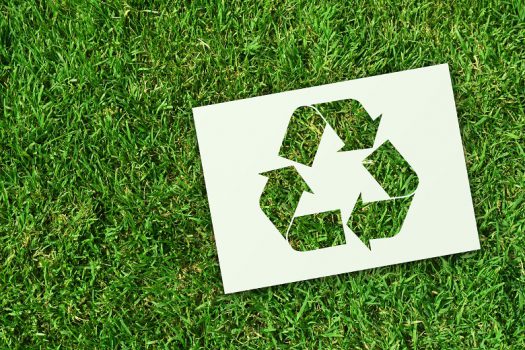
The government has announced the next steps in its plan to improve kerbside and commercial recycling and reduce contamination of recyclables.
Associate Minister for the Environment Eugenie Sage said the next steps in the work programme are the result of a taskforce set up last year to respond to the Chinese government’s ban on the import of many recycling materials.
“The taskforce looked at how our resource recovery system is functioning, how we can support more onshore processing of recyclables, and help New Zealand shift to a circular economy approach where products are better designed so that more materials can be recovered and re-used,” Sage said.
“As a country we have been sending our waste issues offshore. China’s National Sword initiative has been a wake-up call that we need to deal with waste here in New Zealand.
The associate minister also released a situational report commissioned by the taskforce.
“New Zealanders and industry want to see more consistent kerbside recycling for households and improved recycling by businesses.
“Recycling needs to be clean and the right materials put out for collection if the recycling industry is to be able to reprocess and find markets for these materials.
“Developing model contracts for use by councils, kerbside recycling operators will improve the quality and volume of materials collected for reprocessing.”
Taskforce recommendations which will now be part of the ministry for the Environment’s work programme include:
- Identifying the gaps in materials recovery and waste infrastructure where investment is needed.
- Reviewing kerbside collection and processing systems to identify how to increase the quality of recyclables and to ensure more materials can be recovered and recycled instead of going to landfill.
- Undertaking feasibility studies around how to increase New Zealand’s fibre (paper and cardboard) processing and plastic reprocessing capacity.
- Examining how product stewardship for packaging can be used to ensure manufacturers consider what happens to packaging once a product is used by the consumer.
- Assessing the options for shifting away from low value and difficult to recycle plastics, such as single-use plastic bags and other low volume and/or mixed materials. This could include regulations around ensuring plastic packaging is able to be recycled and/or to require a portion of recycled content in packaging.
- Running an education campaign to help New Zealanders ‘recycle right’, and reduce the amount of recyclable materials going to landfill because of contamination.
- Developing model contracts for the sector to reduce contamination, increase transparency and to better accommodate fluctuations in market prices for recyclable materials.
- Developing a sustainable procurement plan and guidelines to encourage purchase of products made of recovered and recycled materials
Sage said programme builds on policy work on previously announced initiatives to expand the waste disposal levy to all landfills and use mandatory product stewardship for problem products like vehicle tyres and e-waste that is underway.
New Zealand is still one of the highest producers of household waste in the developed world, per capita. This is despite waste being the second most pressing issue for New Zealanders according to research commissioned by the Ministry for the Environment.
Local Government New Zealand (LGNZ) said it was encouraged by the announcement of a national plan, citing the need for more detailed work to truly deliver a sustainable circular economy.
LGNZ national council member and Mayor of Wellington City Justin Lester said the report is an important first step.
“New Zealand’s small population has traditionally meant that onshore recycling hasn’t made economic sense, and we have employed the technology and scale of other countries to assist with this. Those markets are now closed to us, which means it’s time to manage our plastic recycling onshore.
“The recommendations make it clear that we need to work together as a collective to develop recycling and design solutions that lead to a more circular and waste efficient economy. But we need to work carefully through the detail to ensure that waste producers face the true costs from their activities in order to change behaviour. We won’t get this outcome if we subsidise these costs across the broader ratepayer base.”
The National Party said the recommendations were a soft set of options that wouldn’t address the issue at hand.
National Environment spokesperson Scott Simpson said he was especially disappointed the minister has refused to consider the introduction of a container deposit scheme, which he said would offer a tangible commitment to combatting waste.
“Instead the minister has opted for a light range of options that equates to more reviews and studies rather than effective change.”
Comment below to have your say on this story.
If you have a news story or tip-off, get in touch at info@13.238.154.125.
Sign up to INCLEAN NZ’s newsletter.